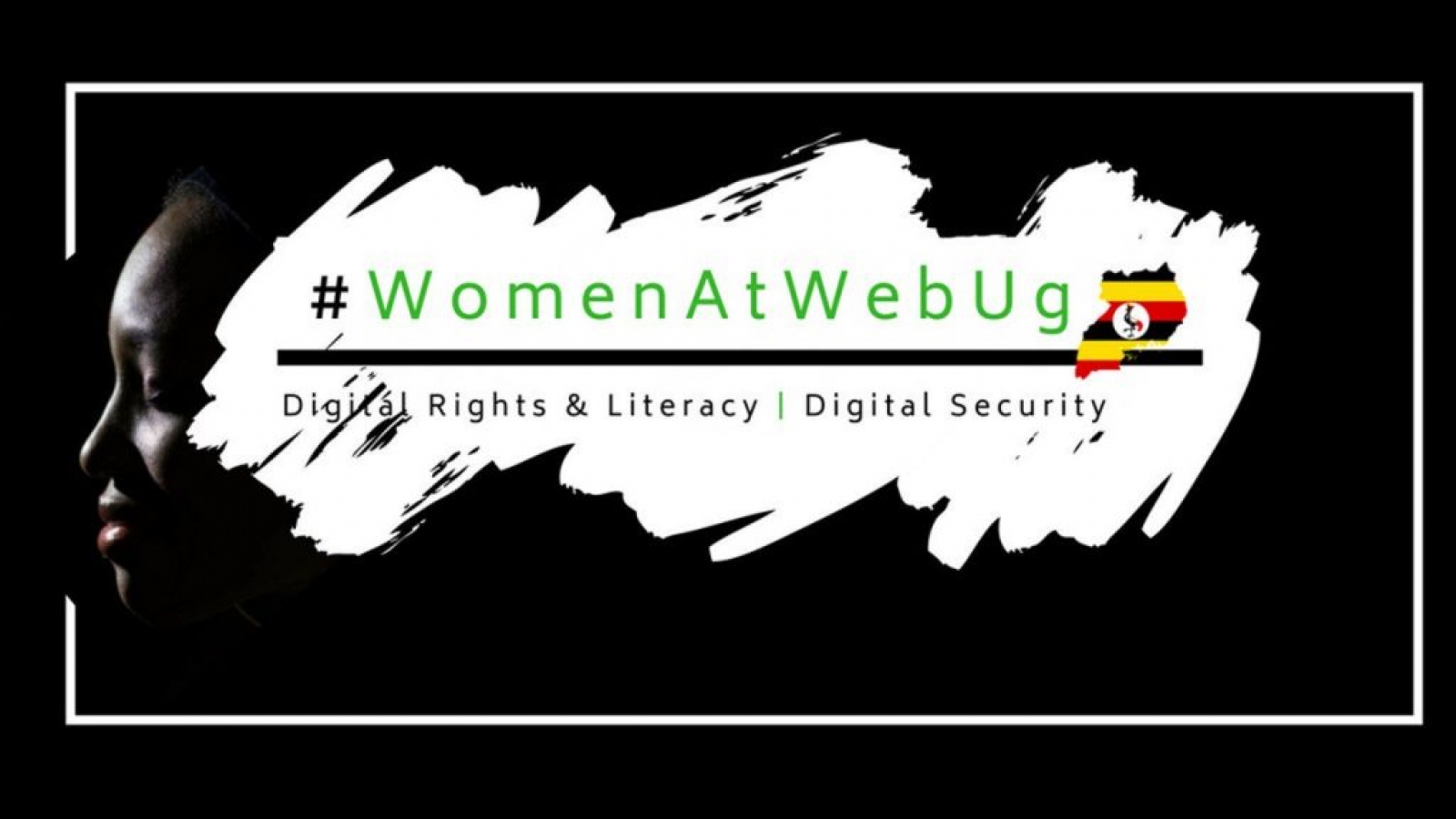I am one of those people who usually go online, most specifically, YouTube for content but very many a time, I go there just for the comments.
And over the years I have had a good laugh, but of late, the comment section fills me with dread. Take for example Tati Westbrook, A lifestyle guru who reviews beauty products. She reviewed a particular makeup palette and her view of things didn’t go down well with a section of the YouTube beauty community and the comment section became so vile she had to disable comments for that particular video.
The argument is well, she is a big YouTuber with millions subscribed to her, so the trolling is expected with big followings. But this kind of toxicity has slowly crept onto other social media platforms and victims with as small a following as 50 are being viciously torn apart for having views on the internet.
So, when Defenders Protection Initiative invited me to be part of to be part of a focus group discussion that is assessing online violence and how different women were dealing with it, I, all but jumped at the chance to understand how we got here.
The discussion under the Women at Web Project is among other things aimed at promoting digital rights and security among women.
We all cannot deny that over the past decade the internet has made itself a viable ally in our everyday lives.
A large proportion of our communication these days is done online. The Internet has also positioned itself as a meeting place, workspace, research assistant and also given people space to freely express themselves. And while the list of positive notes on the internet can go on and on, there is also no shortage of negative experiences that are associated with the internet, worse so, if you are a woman.
When we were probed about our experience online, the answers ranged from fear, exhaustion to anxiety.
Winnie Watera from Policy Uganda reflected thoughts of a number of people when she said her experiences encompasses fear, self-censure, and courage. A lot of us felt we were holding back and thinking up a great deal before posting anything online.
Rosbell Kagumire said for her, some social media platforms especially Twitter felt like a clan meeting where men felt their decisions and opinions hold more water.
She described her experience as polarizing and often sees us wearing multiple hats.
For some participants, their experience was tiring.
The timeline for Sandra felt constantly the same, especially in areas of activism. The cycle of women posting, dealing with the backlash and then having to debunk wrong data has left her tired For activist Stell Nyanzi a prominent face in women’s activism, the internet has provided a platform to fight battles that can only be fought via virtual reality. She doesn’t run away from the fact that the internet is a toxic space with all of us in one way or another contributing to its toxicity.
Everyone one of us had experienced some form of violence online, some of the participants were likened to dictators for expressing themselves or calling out people for sexist comments, then the common tag of homophobia for vocal women online, passive aggressiveness, attacks that ranged from body shaming to threatening of the loved ones.
A number of us confessed to taking a break or going offline after attacks. You see the toxicity online doesn’t end there, for many, it affects them offline.
No one has gone off permanently due to the online violence but women confessed to blocking and muting vile people on their timelines to help them maintain a level of sanity online.
We also had fighters among us who always take back the fight to the aggressors, sometimes in hopes of educating and changing mindsets and other times just to put the aggressors in their place. Other options taken were totally ignoring these people online.
On the issue of safe spaces online there was a unanimous agreement that as long as space has more than two people and you are unable to hold everyone accountable then that space cannot be considered safe. But we also acknowledged that even without what we consider safe spaces, there is a community of women online fighting back for those that have been violated against. A great example would be the one million match that happened on 30th June 2018.
There was a feeling that while the Computer Misuse Act is intended to help safeguard activity online, the law hasn’t been used effectively in combating online violence against women. While we can cite examples of Hon. Rwabogo and the Brian Isiko case, far too many instances of online violence are not making it past the timelines.
And for most, it’s because while the Uganda government is good, even great at putting in place laws and policy, it really pulls the tail when it comes to implementation. Or we are fast to implement the given law if it can be twisted to stifle political actors from having a voice.
Overall it feels like women are working double time to censure their views for fear of ticking off people whose sole intention is to make online spaces undesirable.
yours truly
Ruth Adong
@ruthadong

